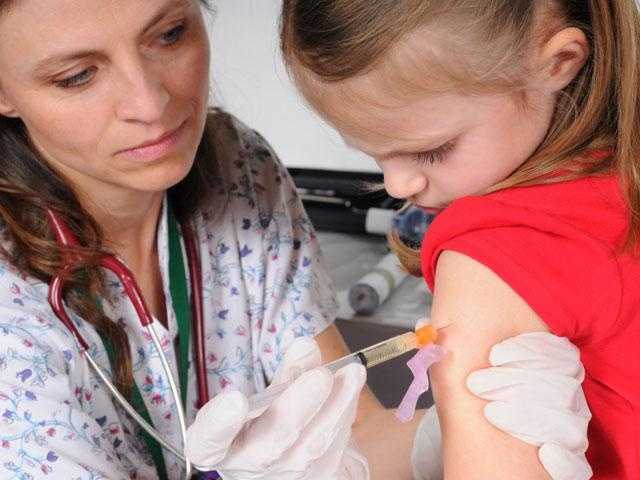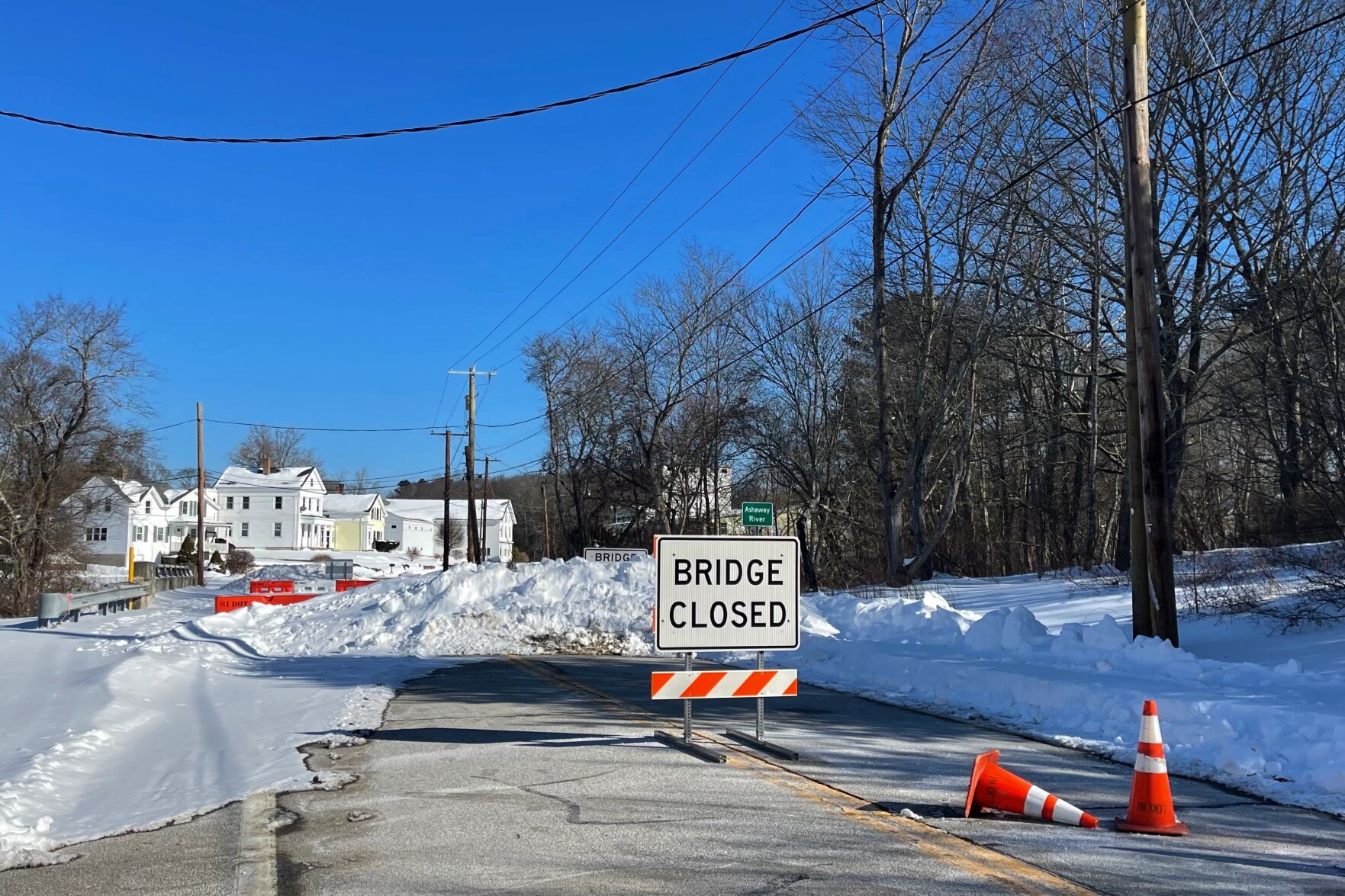A new poll reveals that 16% of American families are delaying or skipping childhood vaccines due to concerns about side effects and mistrust of regulators. Health experts warn this growing trend puts children at greater risk for preventable diseases like polio and measles, raising fresh alarm among pediatric professionals.
Expert warns of risks as vaccine hesitancy grows among U.S. families

Key Takeaways:
- 16% of U.S. families are delaying or skipping childhood vaccines.
- Parents cite concerns about side effects and distrust of health regulators.
- Experts warn of the dangers of more severe illnesses.
- Recommended childhood vaccines include MMR, polio, and DTaP.
- Dr. Simone Wildes of South Shore Health is among those voicing concern.
Concerns Over Childhood Vaccinations
A new poll shows that 16% of American families are either delaying or skipping routine childhood vaccines, including those that protect against serious diseases like polio and measles. Many parents have grown fearful of potential side effects, while others express deep mistrust of health regulators, believing their concerns are not being fully addressed.
The Dangers of Hesitation
This rising trend in vaccine hesitancy has alarmed public health officials. Children who remain unvaccinated face a higher risk of being exposed to illnesses once considered largely controlled. “More severe” outcomes become possible as community immunity declines, experts say. According to Dr. Simone Wildes of South Shore Health, failing to vaccinate could lead to a resurgence of illnesses such as polio and measles, which can have dangerous and long-lasting effects.
Trusted Vaccines in the Crossfire
Among the most commonly recommended childhood immunizations are MMR (measles, mumps, and rubella), polio, and DTaP (diphtheria, tetanus, and pertussis). Yet, despite their well-documented safety record, these vaccines have come under increased scrutiny. Much of the hesitation stems from what some describe as “real mistrust” of official health guidelines and regulators, making it critical to address these concerns with clear, evidence-based communication.
Addressing the Crisis
Health professionals warn that if the current pattern continues, diseases once kept at bay could make a significant comeback, placing families and communities at considerable risk. Rebuilding trust between medical institutions and the public—and ensuring accurate information flows clearly and transparently—may be essential in reversing this trend. Public health campaigns, open dialogue, and continued research on vaccine safety are all seen as steps to prevent further erosion of confidence in childhood immunizations.











